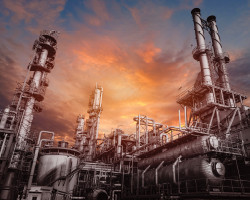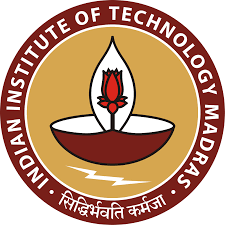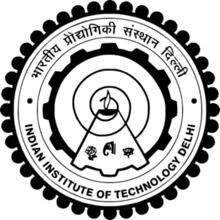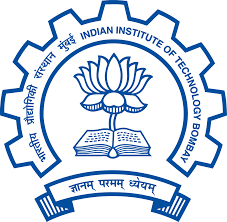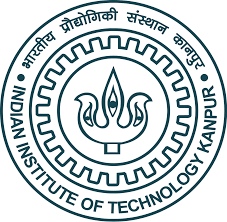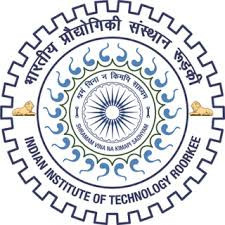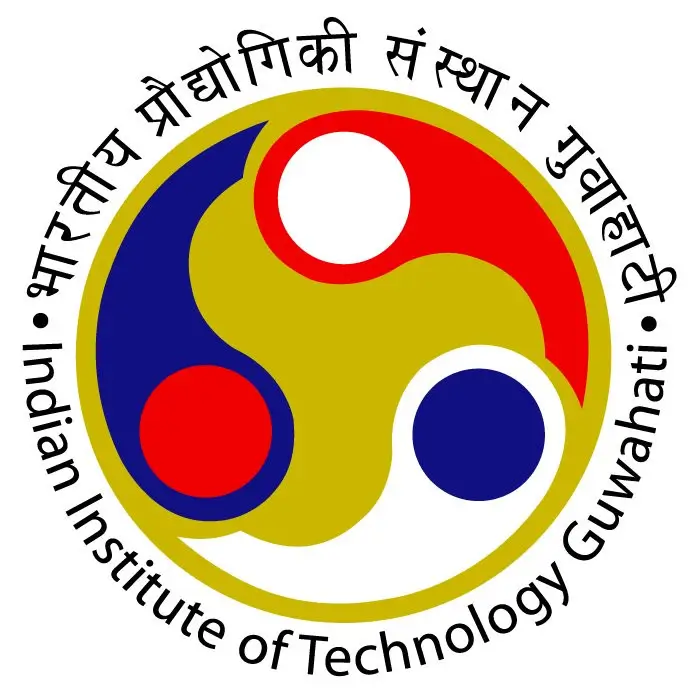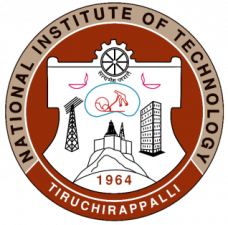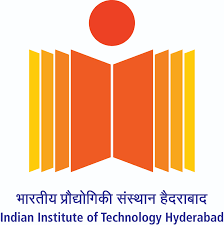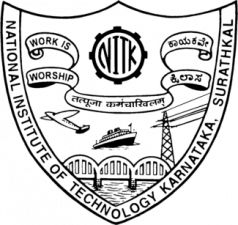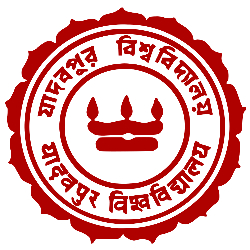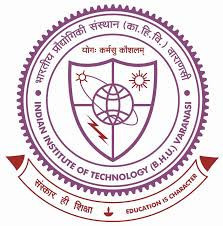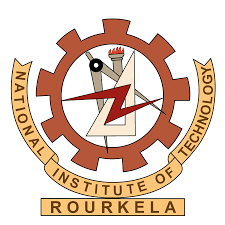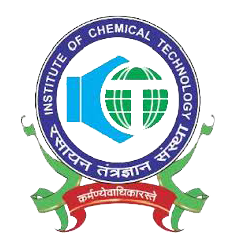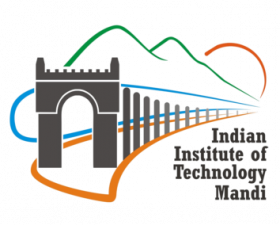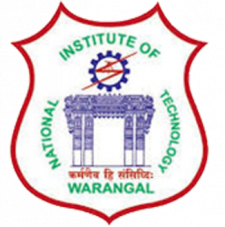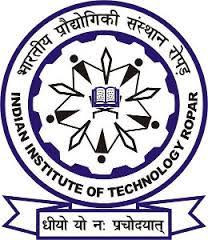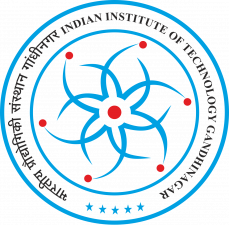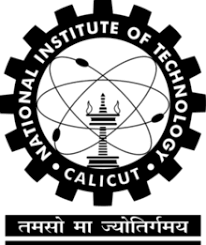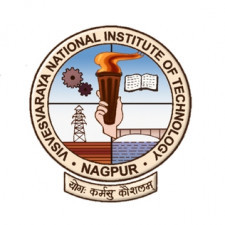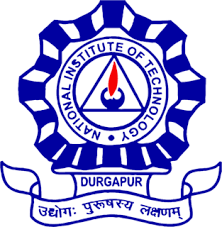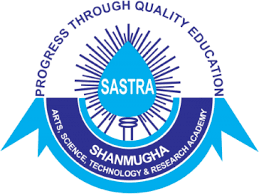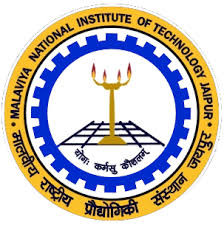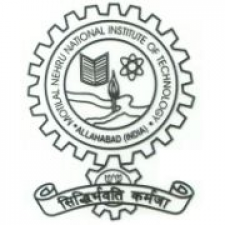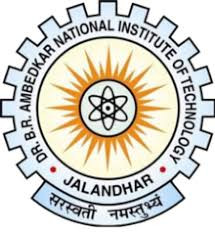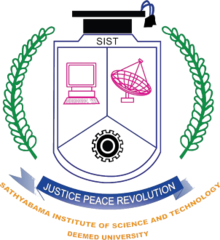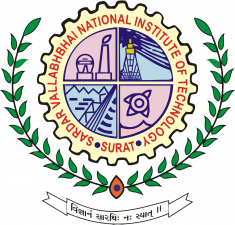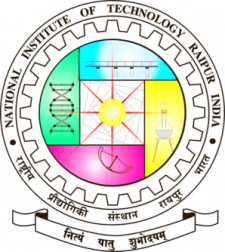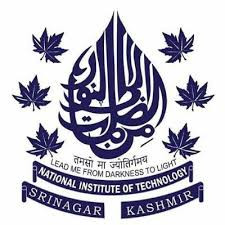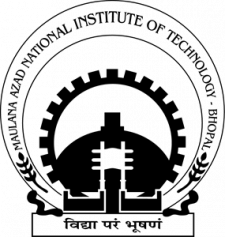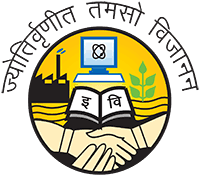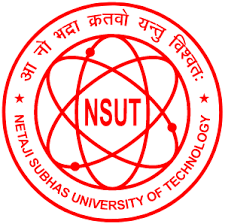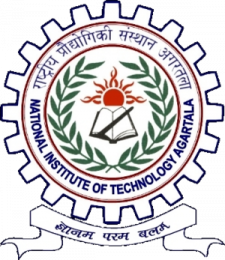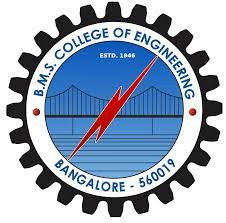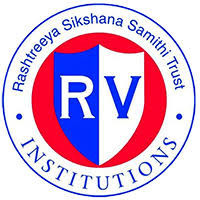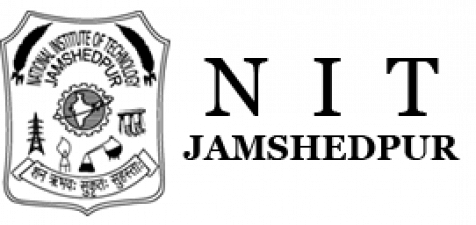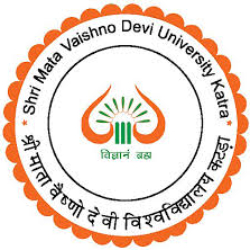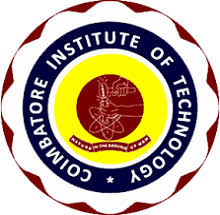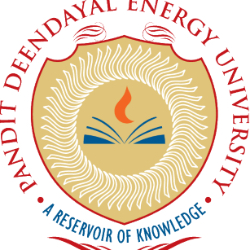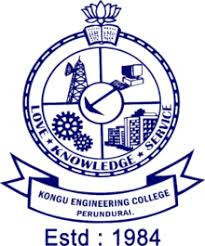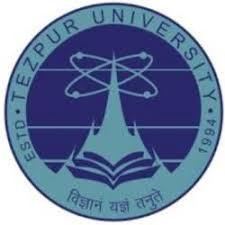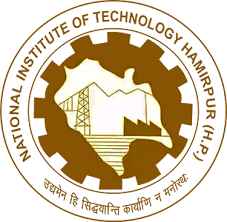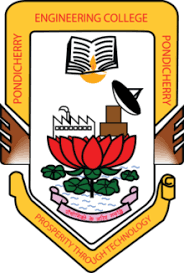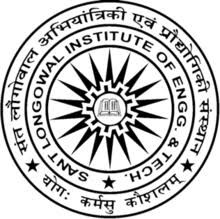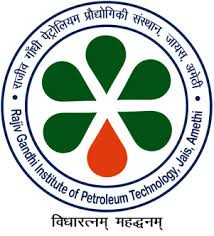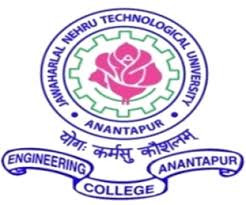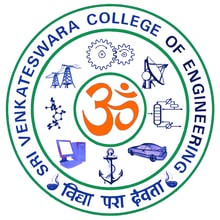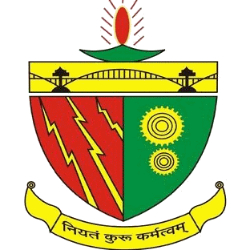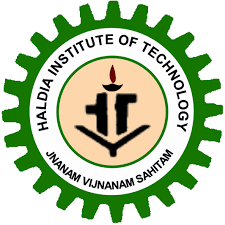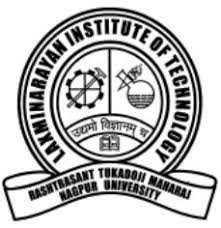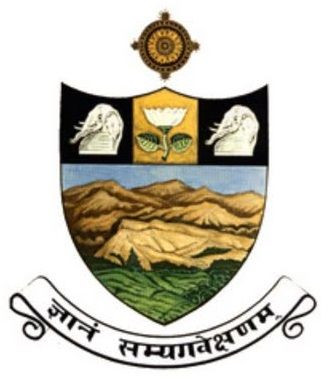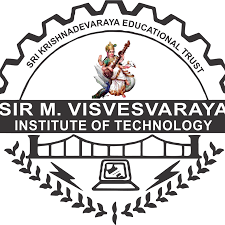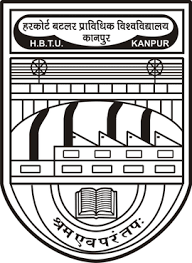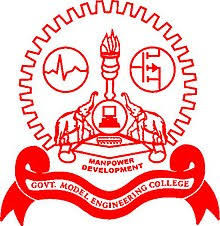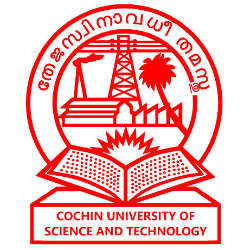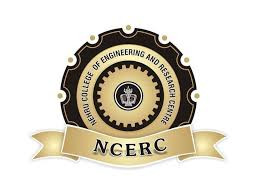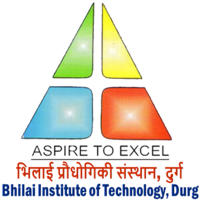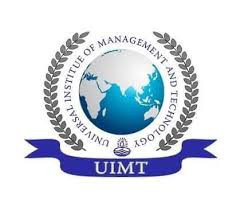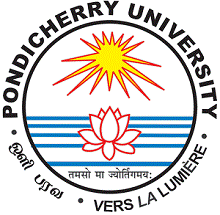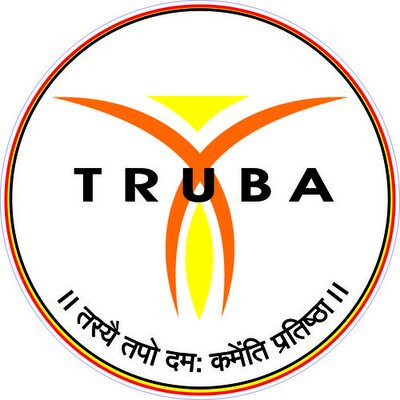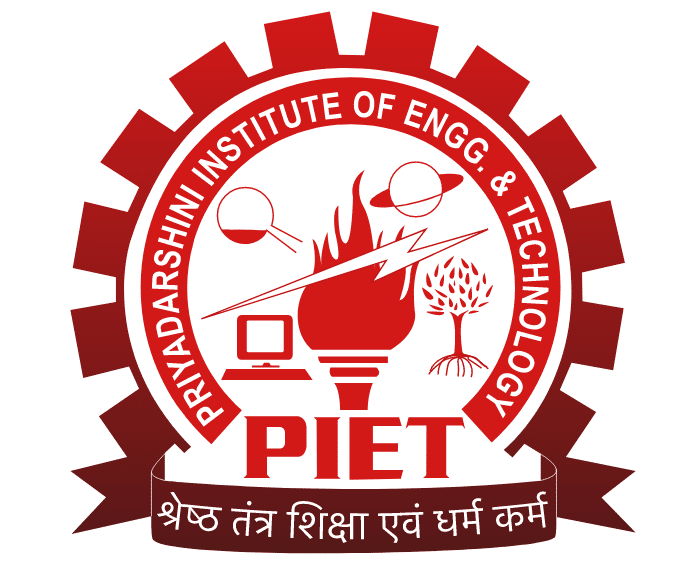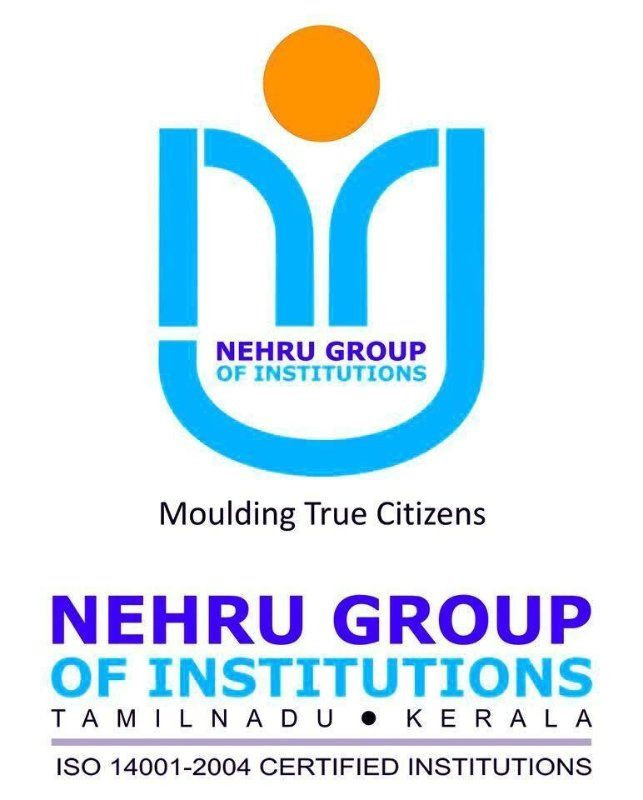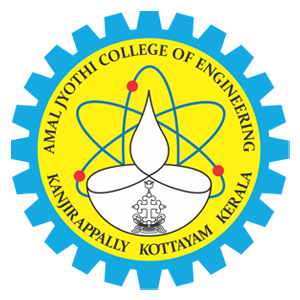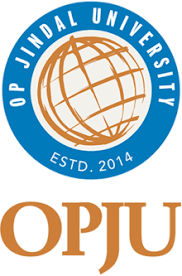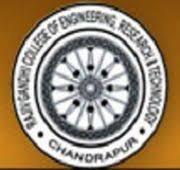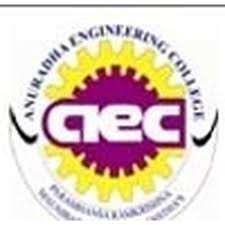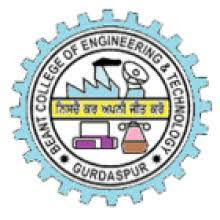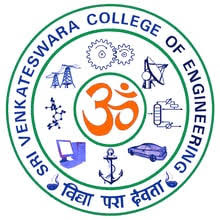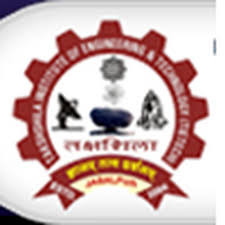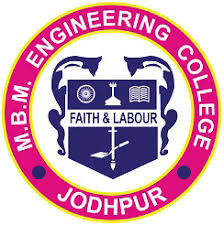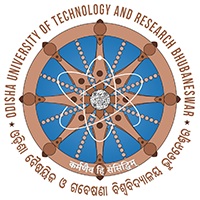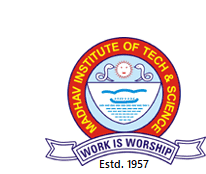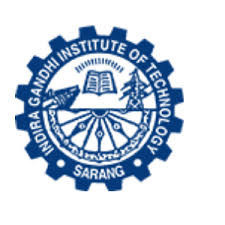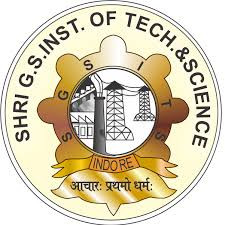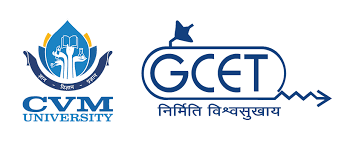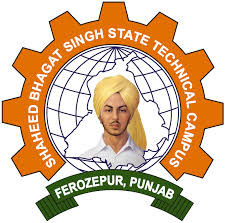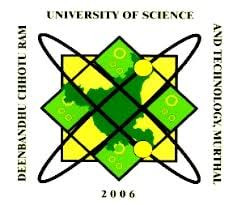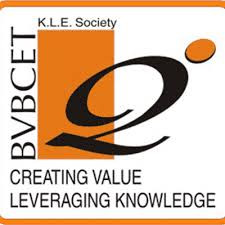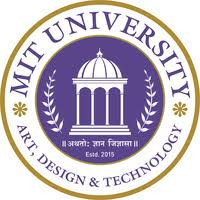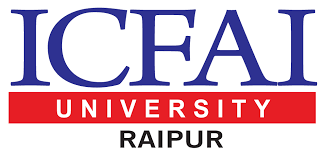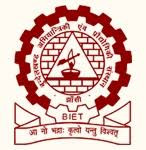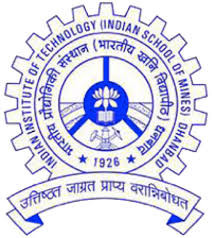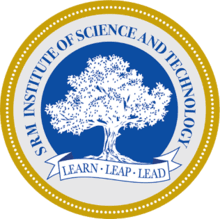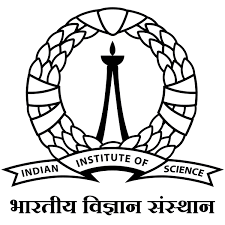Highlights: -
|
Degree Name |
Masters of Technology |
|
Level |
Postgraduate |
|
Duration of the course |
2 years |
|
Eligibility |
Passed B.Tech/B.E or Equivalent with Minimum 50% Aggregate Score |
|
Education mode |
Full-time, Distance. |
|
Admission Process |
Merit as well as Entrance Exams |
|
Entrance Exams |
GATE, JAM, PGECET, AIEEA, State CET, NIT, IPU CET, OJEE, KIITEE, MET, UKSEE, SUAT, TAN CET, etc. |
|
Fees of the course |
Rs 30,000 – Rs 9.00 Lakhs |
Eligibility Criteria: -
- Candidates must complete B.Tech in Chemical Engineering or equivalent from a recognised university in India.
- Candidates need to get the minimum cut-off that has been set by the preferred college.
- Reserved category candidates will get relaxation as per government and university norms.
- Eligible candidates are required to appear for entrance examinations, such as the GATE, NIT, JAM.
Syllabus for M.Tech in Chemical Engineering:
The M.Tech in Chemical Engineering syllabus will vary from college to college, but the course aims and subjects shall remain the same; the subject distribution over the syllabus may differ, but the study matter remains consistent. Nevertheless, candidates should check the official website to know the complete syllabus. Here is a general guide to M.Tech in Chemical Engineering syllabus design, as commonly followed by Indian colleges:
|
Semester 1 |
Semester 2 |
|
Chemical Reactor Analysis and Design |
Nanotechnology |
|
Computational Techniques in Chemical Engineering |
Polymer Dynamics |
|
Advanced Separation Process |
Fuel Cell Technology |
|
Advanced Process Control |
Advances in Fluidisation Engineering |
|
Process Modelling and Simulation |
Chemical Process Design |
|
Semester 3 |
Semester 4 |
|
Wastewater and Solid Waste Treatment |
Bio Energy and Bio Refinery Engineering |
|
Bioprocess Engineering |
Process Optimisation |
|
Multiphase Flow |
Ecology for Engineers |
|
Industrial Energy Systems |
Computational Fluid Dynamics |
|
Project Work – Phase I |
Project Work – Phase II |
Next step after M.Tech in Chemical Engineering: -
If a person wants to do further studies in M.Tech in Chemical Engineering to improve his/her knowledge and skills than he/she can go for the following courses: -
- Chemical Process Modeling and Simulation: Certificate programs in process modelling and simulation provide instruction in Software tools such as Aspen Plus and COMSOL Multiphysics, allowing Engineers to optimise process design and operations.
- Additional Chemical Engineering Thermodynamics: This course explores the Thermodynamic principles that apply to Chemical processes, providing Engineers with additional tools for process optimisation and analysis.
- Biochemical Engineering: Certificate programs in biochemical engineering address topics including Fermentation Processes, Bioreactor Design, and Bioprocess optimisation, which are becoming increasingly relevant in industries such as Pharmaceuticals and Biotech.
- Quality Control and Assurance in the Chemical Industry: This course covers Quality Management Systems, Statistical Process Control, and Quality Assurance procedures required to ensure product quality and regulatory compliance.
- Renewable Energy and Sustainable Technologies: Certificate programs in renewable energy and sustainable technologies teach about alternative energy sources, Green Chemistry principles, and sustainable process design, which aligns with the Chemical Industry's growing emphasis on sustainability.
- Data Analytics and Machine Learning in Chemical Engineering: As data-driven decision-making becomes increasingly essential, certificate programs in Data Analytics and Machine Learning Explicitly designed for Chemical Engineering applications can be advantageous.
- Project Management for Engineers: This course teaches the Project Planning, Scheduling, Budgeting, and Risk Management Skills necessary for successfully managing engineering projects in the Chemical industry.
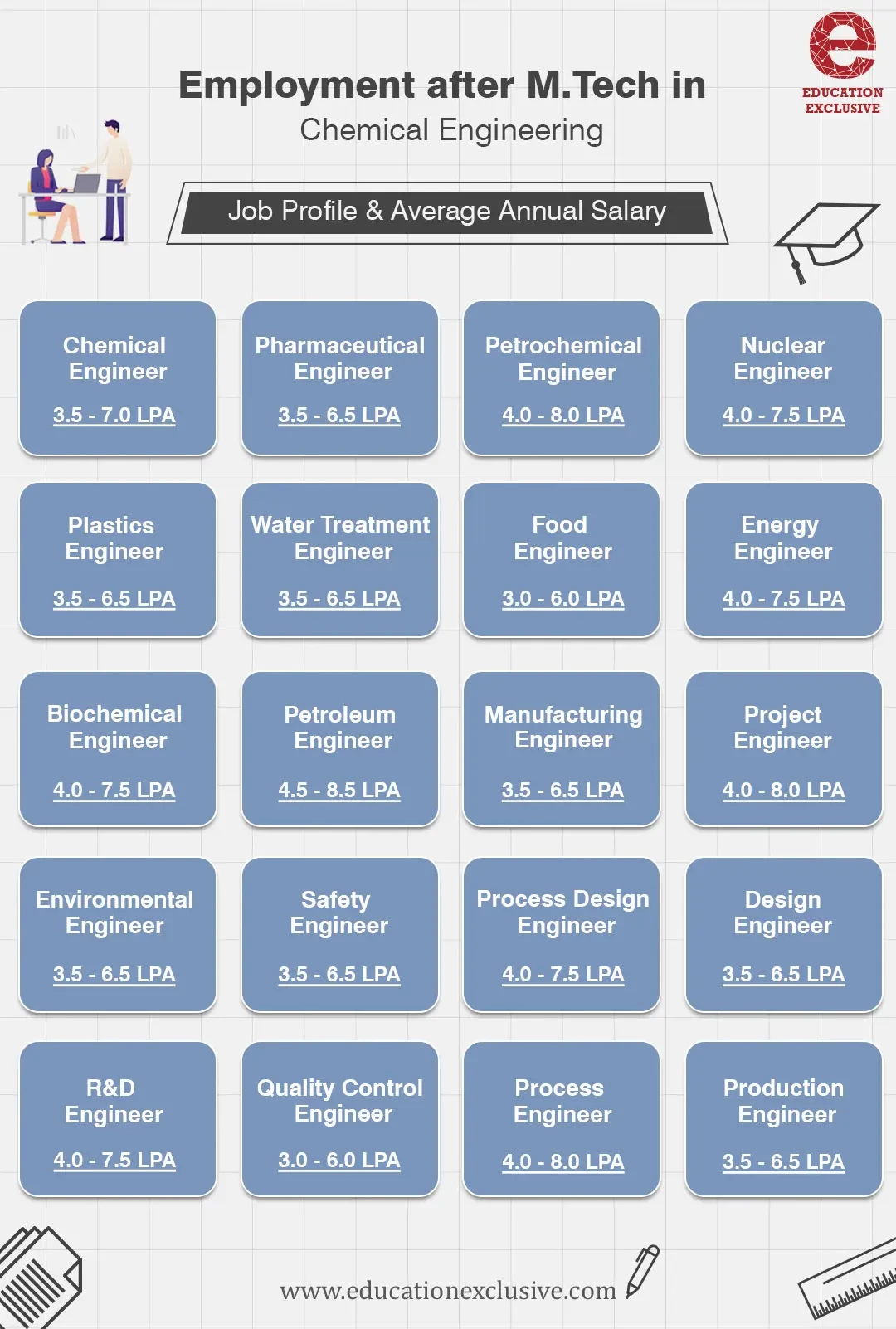
FAQs
- Do M.Tech and M.Sc have the same value ?
M.Tech has more technical or practical insight while M.Sc focuses more on the theoretical knowledge of Chemicals.
- Are internships or co-op programs available for Chemical Engineering students?
Yes, many universities offer internship or co-op programs where students can gain practical experience by working in industries related to chemical engineering. These experiences provide valuable hands-on learning and can often lead to job offers after graduation.
- What is the scope for M.Tech in Chemical Engineering?
The scope of Chemical Engineering in India is good, as they can work in multiple sectors like Pharmaceutical Industries, Fertiliser Factories, Petroleum Refineries, Food Processing Units, and Petrochemicals
- What are the top recruiters after M.Tech Chemical Engineering?
The top recruiters after M.Tech Chemical Engineering are ONGC, Coal India, Geological Survey of India, HCL, IPCL, Neyveli Lignite Corp, NALCO, TISCO, TELCO, and Reliance.
- What subjects are covered in a M.Tech Chemical Engineering program?
Subjects typically include Chemical process principles, Fluid Mechanics, Heat Transfer, Mass Transfer, Chemical Kinetics, Process Control, Thermodynamics, and Engineering Mathematics. Additionally, there may be courses on safety, Environmental Engineering, and Chemical Plant Design.
Other specialisations in M.Tech: -
M.Tech in Computer Science, M.Tech in Mechanical Engineering, M.Tech in Civil Engineering, M.Tech in Electrical Engineering, M.Tech in Information and Technology, M.Tech in Automobile Engineering, M.Tech in Aeronautical Engineering, M.Tech in Nanotechnology Engineering, M.Tech in Petroleum Engineering, M.Tech in Instrumentation Engineering.

